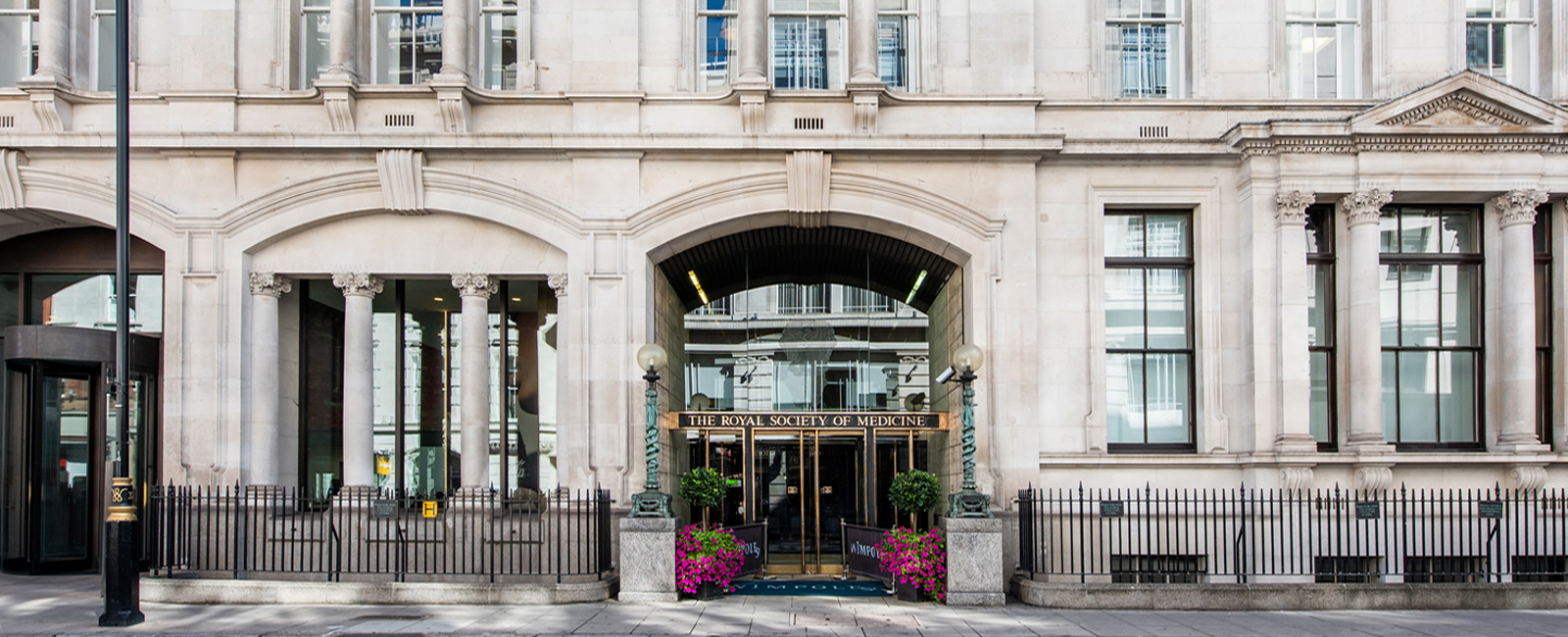
2023 in review
As 2023 draws to a close, Royal Society of Medicine leaders share their thoughts on another momentous year in healthcare.
Dr Teresa Castiello, President of the RSM Cardiology Section
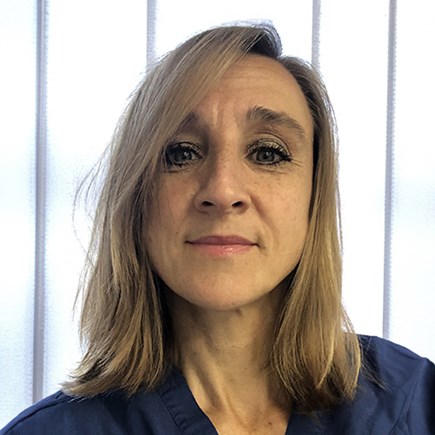
What was the biggest issue in healthcare?
“The healthcare sector is currently facing a critical challenge in the form of excessive waiting times and staff shortages. This dire situation not only compromises patient safety but also contributes to widespread staff dissatisfaction. In England alone, the number of patients awaiting consultant care exceeds 7 million, with over 350,000 individuals waiting for more than a year. These prolonged delays in accessing specialist care lead to delayed diagnoses and pose significant safety concerns.
“At the root of this issue lies inadequate funding, which directly contributes to salary dissatisfaction and a lack of specialist retention. Healthcare, undoubtedly, requires sufficient funding as it is an essential pillar of our well-being. Addressing this healthcare crisis requires a multi-pronged approach that prioritises adequate funding, promoting a culture of workforce development and retention. RSM certainly plays a leading role in workforce education, which is highly motivating.”
Which issue deserved more attention than it received?
“Prevention and holistic care have long deserved more attention than they have received. Traditionally, prevention has been entrusted to primary care, but this responsibility should not rest solely on the shoulders of general practitioners. GPs cannot possess the multidisciplinary expertise required to deliver safe and comprehensive preventive care.
“The European Society of Cardiology, for instance, has established an entire Association of Preventive Cardiology (EAPC) and a corresponding paper, demonstrating the involvement of various cardiology specialists in providing optimal cardiovascular prevention. And this is just for cardiology alone. How can it be fair to expect GPs to deliver such a high level of care across multiple specialties?
“The NHS's 10-year forward plan emphasises prevention, but a significant gap still exists between primary care and secondary/tertiary care, leading to delayed diagnoses and a lack of holistic care. We must be prepared to reconsider how preventive care is delivered, striving to bridge the gap between specialist and primary care.”
What was the most promising innovation or development?
“Digital health is undoubtedly one of the most promising innovations in healthcare, offering the potential to transform the way we deliver care. Traditional healthcare approaches are no longer sufficient to address the growing demands and complexities of modern healthcare. AI-driven technologies, in particular, hold immense promise in supporting the NHS to deliver better, more efficient, and patient-centred care.”
What was the most important thing you learned?
“The most important thing I learned is that change is an integral part of science. Science is a dynamic and evolving field. I always say that "science is science until science proves otherwise”. Our current understanding of the world is based on the best available evidence, but it is always subject to revision in light of new information. This spirit of openness is what drives scientific discovery and allows us to make continuous progress in our field. Of course, not all changes are beneficial. Some changes may be detrimental or let us face difficult choices, but mostly they are necessary and should be embraced.”
What was your favourite RSM moment?
“I have had the privilege of chairing many inspiring meetings, where I have learned something new, as always happens. However, my ‘special moment’ was being elected Cardiology President, as the first woman in this role, especially in such a male-dominated field as cardiology. This achievement holds significance not only at a personal level but also as a woman advocate. It serves as a beacon of hope and inspiration for other women aspiring to make their mark in cardiology or any other field they choose to pursue.”
Professor Roger Kirby, RSM President
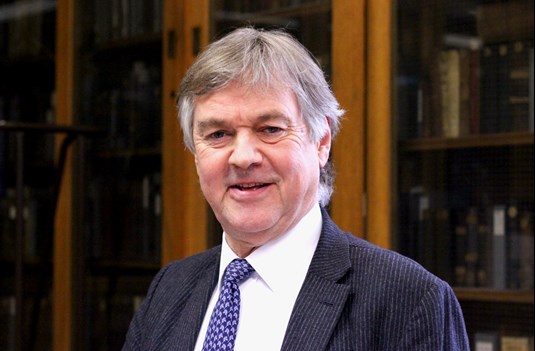
What was the biggest issue in healthcare?
“For the NHS the biggest issue is the ever-growing waiting list which now exceeds 7.7 million in England. This is resulting in unacceptable waiting times and putting excessive strains on the system. In turn, this is reflected in extended industrial action by doctors and soaring medicolegal claims.”
Which issue deserved more attention than it received?
“The sagging morale of both senior and junior doctors. In an attempt to allay this, the RSM has worked exceptionally hard to provide educational and professional support to assist the professional development of our members at whatever stage they find themselves in their career.”
What was the most promising innovation or development?
“The advent of Artificial Intelligence (AI) which carries the promise of both transforming healthcare delivery and thereby easing the problem issues mentioned above. This is a subject of great interest and one that we will be focusing upon again in some depth at the RSM over the next few years.”
What was the most important thing you learned?
“That the COVID-19 pandemic could have been more skilfully and expeditiously handled by our politicians. At the onset of the pandemic, we at the RSM convened an urgent breakfast meeting attended by Dame Jenny Harries and several prominent public health specialists to consider the implications of the gathering storm. This proved an excellent springboard for the subsequent series of topical COVID webinars that continued throughout the pandemic.”
What was your favourite RSM moment?
“Receiving a very substantial donation from the Thompson Family Charitable Trust to help us continue and develop our educational mission. I am especially proud that we managed to raise more than £520,000 in total in philanthropic support for the RSM during the last academic year. We’re hoping to exceed substantially that this year. All help is gratefully received! These funds have been used to support our education programmes including In Conversation Live and our much-lauded Climate Change and Health series.”
Professor Gillian Leng, RSM President-Elect and Dean of Education

What was the biggest issue in healthcare?
“Probably low staff morale. This in turn has led to a loss of capacity, increased waiting times and limited access to services.”
Which issue deserved more attention than it received?
“The impact of healthcare on climate change. If global healthcare were a country, it would be the 5th largest emitter on the planet.”
What was the most promising innovation or development?
“Artificial intelligence. Although there will inevitably be downsides, the potential to help manage routine tasks and speed up diagnostics are ground-breaking.”
What was the most important thing you learned?
“Linked to my comment above, the power of AI to replicate human behaviour. It is sobering to see how well it can mimic our voices, our personalities, writing styles and musical abilities.”
What was your favourite RSM moment?
“The RSM hosted a wonderful memorial event for Sir Michael Rawlins, bringing together his family, friends and colleagues with some fantastic stories and pictures. He had a huge impact on many aspects of healthcare, and was kind, insightful and great fun.”
Dr Julia Manning, President of the RSM Digital Health Section
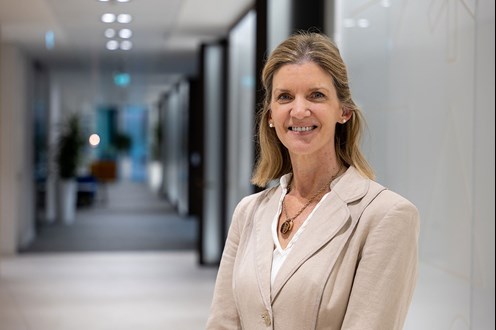
What was the biggest issue in healthcare?
“Outstanding health needs. Together the figures of 6.5m individuals waiting for one or more treatments, labour force figures showing 2.6m people out of work because of their health and a third of children and adults being obese indicate huge systemic strain. The impact on people’s lives and broader economic wellbeing is really significant.”
Which issue deserved more attention than it received?
“The devastating effects of (anti)social media on mental health and wellbeing cannot be overstated. Through 24/7 access to the internet through smartphones, it’s as if we have given children and young people a sports car to drive, with no tuition, no seatbelt and no insurance. The long-term effect of such exposure and exploitation is hard to calculate, but we see the impact already through rising mental illness and distress. Although adults tend to be more resilient, the manipulative designs are driving unhealthy polarisation and we have barely begun to see the impact of data mining. We urgently need policies to counteract the harms and magnify the benefits that technologies can bring.”
What was the most promising innovation or development?
“We are seeing the incredible potential of AI as a companion in healthcare begin to land, analysing skin lesions or x-rays and assisting bed management for providers; putting mental health or improved disability support into the pockets of the public through apps like Wysa and BeMyEyes. These companion technologies are crucial for both catching up on the backlog of care and enabling informed self-care – and there’s much parallel activity on regulation and ethics which are essential for user confidence and ongoing assurance.”
What was the most important thing you learned?
“I learned about the Industry Exchange Network for the NHS, created by two Professors in UCL Computer Science. It’s a brilliant initiative that takes real-world NHS software problems and has industry-supported students work on creating proof-of-concept solutions to deliver efficiency, interoperability, and innovation. Some of the students have attended our Digital Health Section events and seen the potential of working in the NHS.”
What was your favourite RSM moment?
“At the Digital Twins event that the Digital Health Section organised in November, one of our brilliant sponsors, TTP, brought along packs of Lego Serious Play for all the delegates. At the end of the conference, we were guided through a session on creatively making meaning from the day with our Lego pieces. It was such an excellent way to reflect on the learning and create a lasting reminder of what each of us had learned.”
Dr Jacqueline Phillips Owen, President-Elect of the RSM Psychiatry Section
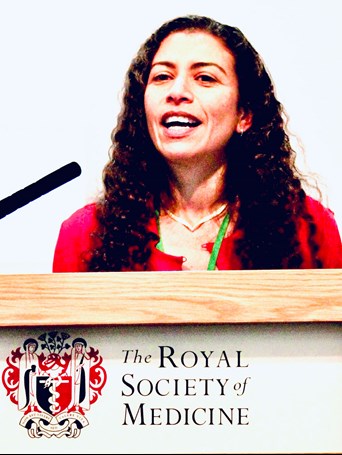
What was the biggest issue in healthcare?
“Results of the Mental Health of Children and Young People in England, 2023. One in five children and young people in England aged eight to 25 had a probable mental disorder in the last year. We need to understand at a more granular level who are the groups most at risk, how best to build resilience in our young people, and what it means to have a ‘probable’ mental disorder in practice.”
Which issue deserved more attention than it received?
“The increase in the number of children and especially adults diagnosed with neurodevelopmental disorders such as Autism Spectrum Disorder. More understanding is needed of how spectrum syndromes affect individuals and, in particular, more thinking is needed on how society accommodates and where best to position support and intervention.”
What was the most promising innovation or development?
“The insights we are getting into the moderators of poor mental and physical health from using artificial intelligence to ‘clean up’ big data sets such as health, social care and education records using natural language processing algorithms. These findings are enhanced by the ability to link anonymised individual data across health and education. Information from these sources allows us to pinpoint the most vulnerable and ‘at risk’ groups in the population and (in theory) ensure that resources are allocated to them.”
What was the most important thing you learned?
“That most health interventions are not implemented or not sustained, even in the presence of high-quality evidence. Also, how important it is to bring not just patients and their families, but also the communities that support them, into the conversations about applying evidence-based interventions to ensure sustainability; and the need to keep emphasising what works best and for whom so that knowledge is used, applied, and not forgotten.”
What was your favourite RSM moment?
“The November conference “Suicide in Children and Young People” showed off the best of the RSM. Professor Nav Kapur's keynote addressed the findings of the “National Confidential Inquiry into Suicide and Safety in Mental Health”. We were then introduced to the evidence base for suicide prevention and postvention by Professor Dennis Ougrin, before Professors Ann John and Pratibha Chitsabesan explained how evidence translates into policy in England and Wales. The great strength of the conference was that it considered how knowledge is implemented in practice: Jen Hope from the Association of Colleges, Kelly Lovegrove, head teacher, and Dr Simon Merrywest from Manchester University spoke about school, college and university approaches to suicide prevention. We then heard about individuals who had experienced self-harm and families whose loved ones ended their own lives with moving accounts from Dr Nicola Byrom, Dick Moore, and Dr Simon Jones. The second half of the day explored the experience of professionals in both health and education who have had young people end their lives whilst under their care with Dr Steven Voy, Adam Edwards and Professor Euan Hails. There were frank discussions about the ethics and limits of suicide prevention programmes, especially for young people. One of my favourite questions was “is there a risk to being risk averse?””
If you enjoyed reading this, look out for our upcoming piece, when our interviewees look ahead to 2024.
